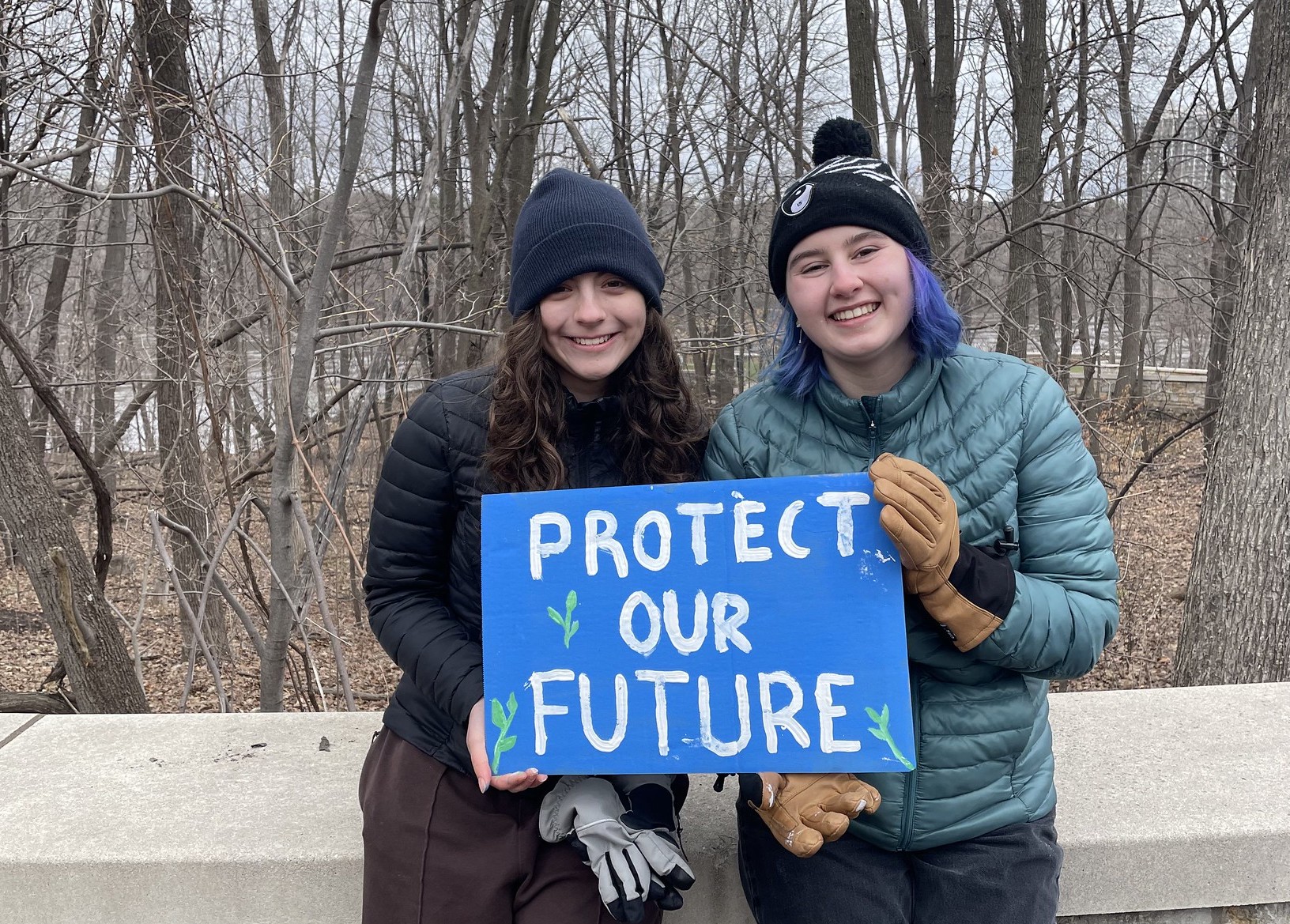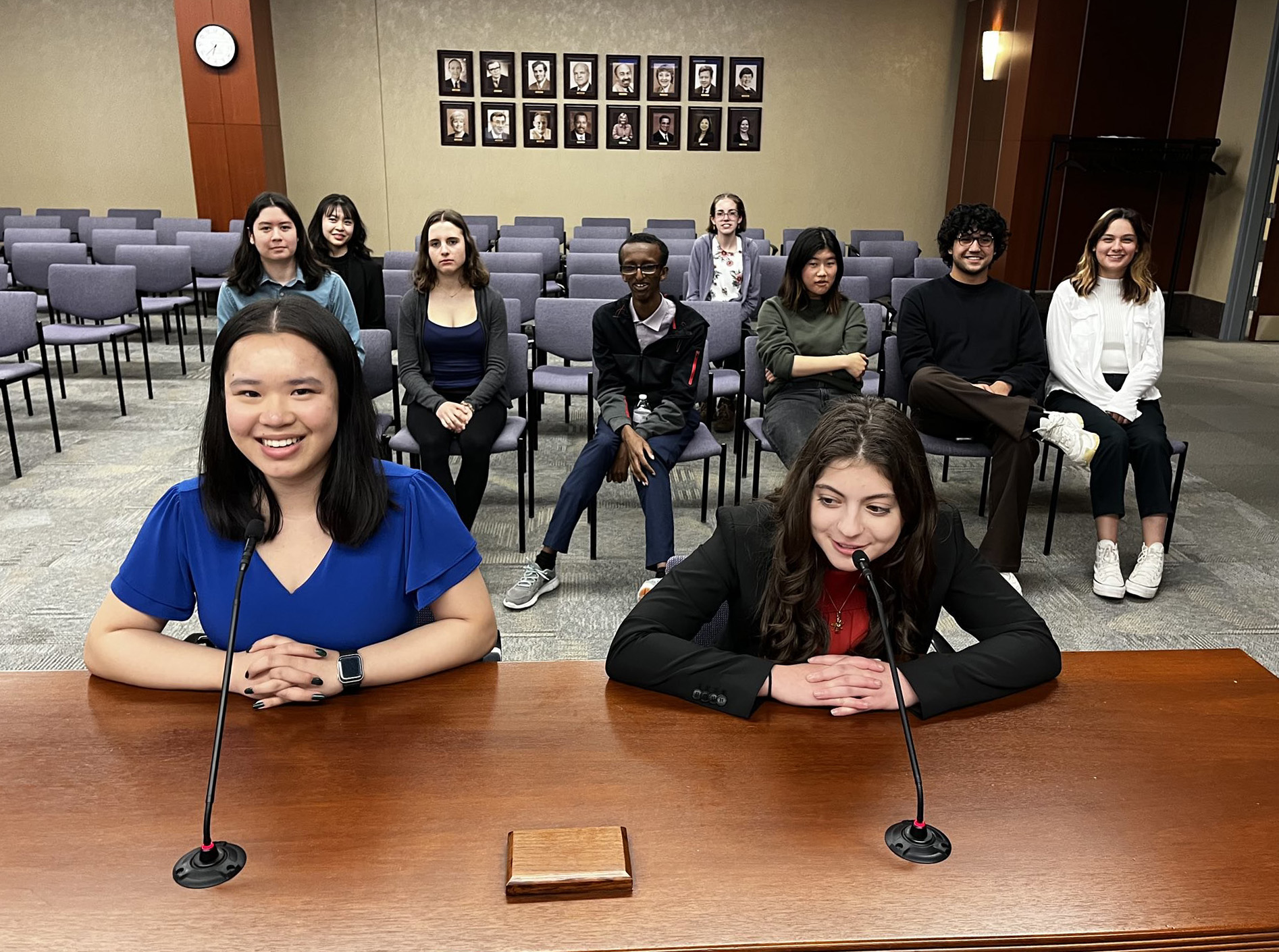Reflections on the recent youth & climate change ruling

A landmark decision for the U.S.'s first constitutional climate trial is about more than climate change — it’s about considering the full scope and impact of our actions and decisions today and the power youth have to fight for climate change in the courts and win.
We wanted to reflect on this significant decision and explore its connections to Minnesota, the Mississippi River and FMR.
The landmark case
A group of youth aged 5-22 recently won their case (Held v. Montana) against the state of Montana, claiming that it violated their constitutional "right to a healthy environment."
The ruling struck down two state laws that prevented courts and agencies from considering the climate impacts of proposed projects. And it could be a game-changer.
Amidst a summer of intense and record-breaking weather, it has become increasingly clear that climate change is not an issue for 2030, 2050 or other deadline years set to lower our emissions and change our ways.
The business-as-usual approach to fossil fuel extraction can not continue, as it creates an unlivable planet for current and future generations.
This case affirmed that taking the right to a healthy environment away is unconstitutional, and we must place future generations at the forefront of our decision-making today.
Meanwhile, encouraging news in Minnesota ...
The Minnesota Environmental Quality Board recently approved a work plan to include greenhouse gas lifecycle emissions in our environmental review process.
This means that future project proposals in Minnesota — including proposals for high-emitting projects, such as mines or pipelines — will be reviewed for emissions at all stages, from construction through operation to the end of the project’s lifespan.
FMR has long supported including lifecycle emissions in environmental review and appreciates the board taking this critical step to improve the process. (You can read our full comment letter on the recent decision here.)
But we also know that including this metric in the environmental review process is more than measuring emissions. This change reflects similar ideas from Held v. Montana — that we must factor in and rethink the true scope of environmental damage from inception to retirement, from now to future generations.
How does this affect the river and our work?
Improving more technical processes, such as environmental review, may seem like a trivial or insignificant part of our work, but their impacts are significant.
Requiring lifecycle emissions as part of environmental review means fewer damaging projects contributing to climate change, which translates into less damage to the river and all who interact with or depend upon it. (Learn more about the impact of our changing climate on the river ecosystem.)

Youth from FMR's Environmental Stewardship Institute spoke to the Metropolitan Council about their environmental concerns. (Ivy Song, on the left in front, was an ESI council member who has since become FMR event assistant. Former ESI participant Naomi Nickel, on the left in the seated row, is now the ESI Program Associate.)
Local youth, local climate leaders
Climate change is increasingly being felt by our younger generations, affecting the ways they’re able to grow up and the world they come to know.
Youth are a major part of FMR’s work; stewarding the river is an intergenerational practice.
In addition to connecting with youth through traditional service outings (like storm-drain stenciling) and classroom presentations, FMR offers a more immersive program, the Environmental Stewardship Institute (ESI).
ESI is a great example of local youth in climate advocacy and leadership. Students who serve on the institute’s council or as participants or fellows are empowered to advocate for the river, their communities and themselves.
We’re routinely impressed by their passion and work (check out some of their final projects). They bring us hope for the future and embolden others to think and act beyond the present.
We hope that recent court wins inspire more youth to challenge harmful practices. That Minnesota truly considers the complete cycle of impact when considering new projects. And that we all continue to advocate and create change to support a better river and world than we know today and for those who will come to know and love the river after us.
Become a River Guardian
Sign up and we'll email you when important river issues arise. We make it quick and easy to contact decision-makers. River Guardians are also invited to special social hours and other events about legislative and metro river corridor issues.